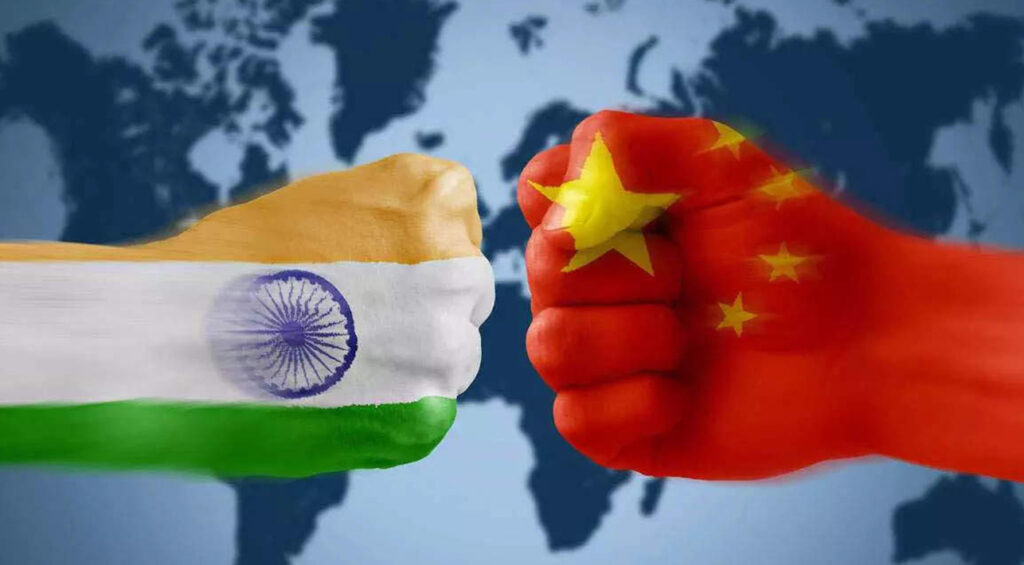[fusion_builder_container type=”flex” hundred_percent=”no” hundred_percent_height=”no” hundred_percent_height_scroll=”no” align_content=”stretch” flex_align_items=”flex-start” flex_justify_content=”center” hundred_percent_height_center_content=”yes” equal_height_columns=”no” container_tag=”div” hide_on_mobile=”small-visibility,medium-visibility,large-visibility” status=”published” border_style=”solid” box_shadow=”no” box_shadow_blur=”0″ box_shadow_spread=”0″ gradient_start_position=”0″ gradient_end_position=”100″ gradient_type=”linear” radial_direction=”center center” linear_angle=”180″ background_position=”center center” background_repeat=”no-repeat” fade=”no” background_parallax=”none” enable_mobile=”no” parallax_speed=”0.3″ background_blend_mode=”none” video_aspect_ratio=”16:9″ video_loop=”yes” video_mute=”yes” absolute=”off” absolute_devices=”small,medium,large” sticky=”off” sticky_devices=”small-visibility,medium-visibility,large-visibility” sticky_transition_offset=”0″ scroll_offset=”0″ animation_direction=”left” animation_speed=”0.3″ filter_hue=”0″ filter_saturation=”100″ filter_brightness=”100″ filter_contrast=”100″ filter_invert=”0″ filter_sepia=”0″ filter_opacity=”100″ filter_blur=”0″ filter_hue_hover=”0″ filter_saturation_hover=”100″ filter_brightness_hover=”100″ filter_contrast_hover=”100″ filter_invert_hover=”0″ filter_sepia_hover=”0″ filter_opacity_hover=”100″ filter_blur_hover=”0″ admin_toggled=”yes”][fusion_builder_row][fusion_builder_column type=”1_1″ layout=”5_6″ align_self=”auto” content_layout=”column” align_content=”flex-start” valign_content=”flex-start” content_wrap=”wrap” center_content=”no” column_tag=”div” target=”_self” hide_on_mobile=”small-visibility,medium-visibility,large-visibility” sticky_display=”normal,sticky” order_medium=”0″ order_small=”0″ hover_type=”none” border_style=”solid” box_shadow=”no” box_shadow_blur=”0″ box_shadow_spread=”0″ background_type=”single” gradient_start_position=”0″ gradient_end_position=”100″ gradient_type=”linear” radial_direction=”center center” linear_angle=”180″ lazy_load=”none” background_position=”left top” background_repeat=”no-repeat” background_blend_mode=”none” filter_type=”regular” filter_hue=”0″ filter_saturation=”100″ filter_brightness=”100″ filter_contrast=”100″ filter_invert=”0″ filter_sepia=”0″ filter_opacity=”100″ filter_blur=”0″ filter_hue_hover=”0″ filter_saturation_hover=”100″ filter_brightness_hover=”100″ filter_contrast_hover=”100″ filter_invert_hover=”0″ filter_sepia_hover=”0″ filter_opacity_hover=”100″ filter_blur_hover=”0″ animation_direction=”left” animation_speed=”0.3″ margin_bottom=”0px” last=”true” border_position=”all” first=”true” min_height=”” link=””][fusion_text columns=”” column_min_width=”” column_spacing=”” rule_style=”” rule_size=”” rule_color=”” hue=”” saturation=”” lightness=”” alpha=”” content_alignment_medium=”” content_alignment_small=”” content_alignment=”” hide_on_mobile=”small-visibility,medium-visibility,large-visibility” sticky_display=”normal,sticky” class=”” id=”” margin_top=”” margin_right=”” margin_bottom=”” margin_left=”” fusion_font_family_text_font=”” fusion_font_variant_text_font=”” font_size=”” line_height=”” letter_spacing=”” text_transform=”” text_color=”” animation_type=”” animation_direction=”left” animation_color=”” animation_speed=”0.3″ animation_delay=”0″ animation_offset=””]
India is emerging as a significant player in the global manufacturing sector, attracting attention as an alternative to China. This shift is driven by various economic, geopolitical, and industrial factors that have been brewing for years. The reliance on China as the primary manufacturing hub is becoming less favorable due to its risks and uncertainties, prompting businesses to explore India’s potential.
India possesses a rich history of participating in global commerce, but it was overshadowed by China’s rapid expansion. However, India is now leveraging its advantages, such as a favorable population distribution, a robust domestic market, and government support, to establish itself as an attractive manufacturing destination.
This shift in global manufacturing is not solely about the decline of one country and the rise of another; it represents the evolution and diversification of global supply chains. As the world becomes more interconnected and complex, the need for robust, resilient, and diversified supply chains becomes critical. India’s rise as a manufacturing alternative to China reflects and responds to this changing global dynamic.
Several factors are driving India’s ascent as a manufacturing powerhouse. One key factor is its demographic advantage, with a youthful and trainable workforce that provides a significant edge. Technological advancements, particularly in digital innovation, are also propelling India’s manufacturing productivity, cost-effectiveness, and product quality. Government initiatives like “Make in India” are fostering investment, innovation, skill development, and infrastructure building to attract foreign investment and drive growth in key manufacturing sectors.
Geopolitical factors and the need for supply chain diversification are additional drivers. The ongoing trade tensions between the US and China, as well as the disruptive impact of the COVID-19 pandemic on global supply chains, have highlighted the risks of over-reliance on a single country. In response, companies are seeking alternatives, and India’s vast market, favorable policies, and improving business environment make it an attractive option.
Various industries are benefiting from India’s manufacturing growth. The automotive industry is experiencing unprecedented growth, driven by domestic demand and export opportunities. India’s pharmaceutical industry, known as the “pharmacy of the world,” is a leading supplier of affordable generic drugs. The textiles and apparel industry is witnessing a resurgence, offering a blend of tradition and innovation. The electronics and IT industry is growing due to initiatives like “Digital India” and incentives for domestic manufacturing. India’s renewable energy sector is also gaining prominence, capitalizing on its potential for solar and wind energy production.
However, India still faces challenges in infrastructure development, complex regulations, and labor laws. Improvements in these areas are crucial to sustaining the momentum of India’s manufacturing growth. Despite these obstacles, the government’s commitment to infrastructure development, labor law reforms, and ease of doing business, along with geopolitical shifts, indicate a promising future for India’s manufacturing sector.
To ensure product quality, effective supplier verification, qualification, and stringent quality control inspections are essential when sourcing from India. Thorough research, due diligence, and open communication help identify reliable suppliers. Quality control inspections should be conducted at different stages to guarantee product excellence. Choosing a reputable inspection partner with local expertise is crucial for a comprehensive and efficient inspection process.
In conclusion, India’s manufacturing potential and its role in global production diversification are on the rise. By leveraging its demographic advantage, technological advancements, government initiatives, and market potential, India is becoming an attractive manufacturing destination. However, addressing infrastructure challenges, navigating regulatory complexities, and ensuring quality control are essential for India’s manufacturing growth.
[/fusion_text][/fusion_builder_column][/fusion_builder_row][/fusion_builder_container]


